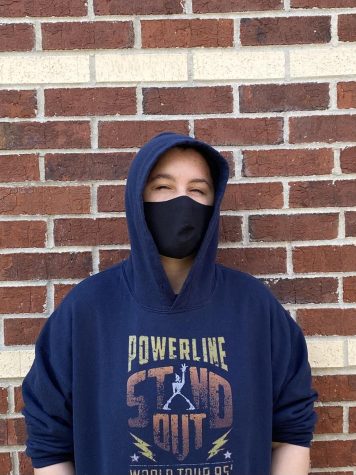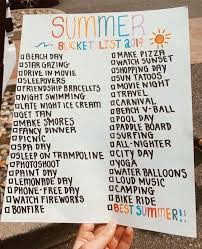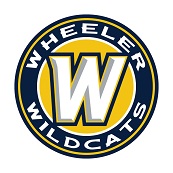Indigenous Representation in Media

The history behind Indigenous people is a lost cause in America because our society
doesn’t care. We are living on their land, not respecting it as the world sets ablaze, not
respecting their culture or practices, not even the people themselves. Imagine someone
infiltrating your house, locked you in, and burnt the key with all your belongings and family
inside, then continuing to make your life a wasteland of pain and destruction. That is what this
country and many others have done to Indigenous people for power, credibility, money- the list is
endless. The only solution to combat this demolition is the education and exploitation of their
life stories, something we’re beginning to see in this new period of discovery.
They are depicted as their oppressor, not the oppressed; countless acts of violence,
genocide, theft of land and resources, stereotypes include sexualization of Indigenous women,
the stoic brave warrior yet bloodthirsty, magic medicine man to cure even death, have been
made against Indigenous people which are still prevalent today. The 1995 Disney animated
movie Pocahontas romanticized colonization through beautiful visuals and a catchy soundtrack
that goes to outrageous extents to make Native Americans seem “foolish” and the colonizers
seem “innovative”. In an American Psychiatric Association blog post, research scientist Melanie
Peterson-Hickey observed that high suicide rates among Native Americans are well
documented, noting that the “trauma resulting from a history of race based policy, the
discrimination and oppression has a significant and longstanding impact.” Ana Pinheiro claims,
“My family who has an Indigenous background in Brazil tend to say that they victimize
themselves which comes from how the government displays them.” And with the constant
growth of new technology, incorrect portrayals have become an outlet of cascading damage to
the future generation who have to pick up the pieces that the past has broken. Mrs Kuhn, our
Audio Video Technology Film teacher quotes, “It’s finally becoming a thing where people:
directors that are caring and directors that are intelligent and also younger directors. They do
care about hiring indigenous people to work in the business but also particularly in portrayals
and we’re seeing more and more of that, not nearly enough.”

Aid has arrived but many years too late. Reservation Dogs, a tv show that aired in 2021,
features a group of kids living on a reservation in Oklahoma. They’re tired and alienated, stuck
between traditional Native culture on the reservation and pop culture. Edward Kim mentioned,
“You have to be careful with what’s stereotypical. There’s a line that you need to keep in mind to
portray them accurately instead of degrading.” The creator of Reservation Dogs, Sterlin Harjo,
says he made the show as a tribute to his life and did a fantastic job with the writers room to
make the show relatable, even if you aren’t native. It is one of the first accurate representations
of Native Americans without harming stereotypes which we’ve seen through the eyes of the
American Entertainment industry. Mara Brunetti, whose grandmother is Native American said, “I
think it’s important to educate Americans about [native culture] and the different groups [tribes]
and how they were differently affected and how they keep their culture alive today. It’s important
to educate yourself so you’re not being disrespectful.” By watching Reservation Dogs, you are
able to learn even if you don’t understand the symbolism, but the show intrigues the mind to
research. However, cultural appreciation vs appropriation is a line not to be crossed when
consuming anything to deal with someone else’s culture. Cultural appreciation is when someone
seeks to understand and learn about another culture in an effort to broaden their perspective
and connect with others. Appropriation is the act of taking or using things from a culture that is
not your own, especially without showing that you understand or respect a culture.
The ability to take action in the government is just as important, work is not only able to
be done at first hand that others wouldn’t understand like the banning and proper news
coverage of Residential Schools which were run by the federal government of Canada and the
US to forcibly separate children from their families for extended periods of time and forbade
them to acknowledge their Indigenous heritage and culture or to speak their own languages.
Children were severely punished if rules were broken. Or the pipeline issue where oil pipelines
built on Indigneous lands threaten their water supply and natural resources. Mrs Kuhn remarked,
“We gotta get Native American representation in our country. They know more about what their
people need more than anyone else.” Mary Peltoa who is a Yup’ik politician on the ballot for
Alaska’s representative in congress; electing people who know the land, have ancestors that
once walked the very places capitalism has engulfed, and understand what their people have
been crying out for many years is how to precisely repair the American democracy.

Indigenous tongue, culture, and person have been silenced for too long. Correct
representation opens doors for other oppressed minorities, but seeing a group that has been
ignored from history’s stand point will be rewarding in the end. The battle has just begun.

Mel is a senior, and this is her first year in journalism. After high school, Mel wants to be a movie director. Also, in her spare time, Mel loves to write...

